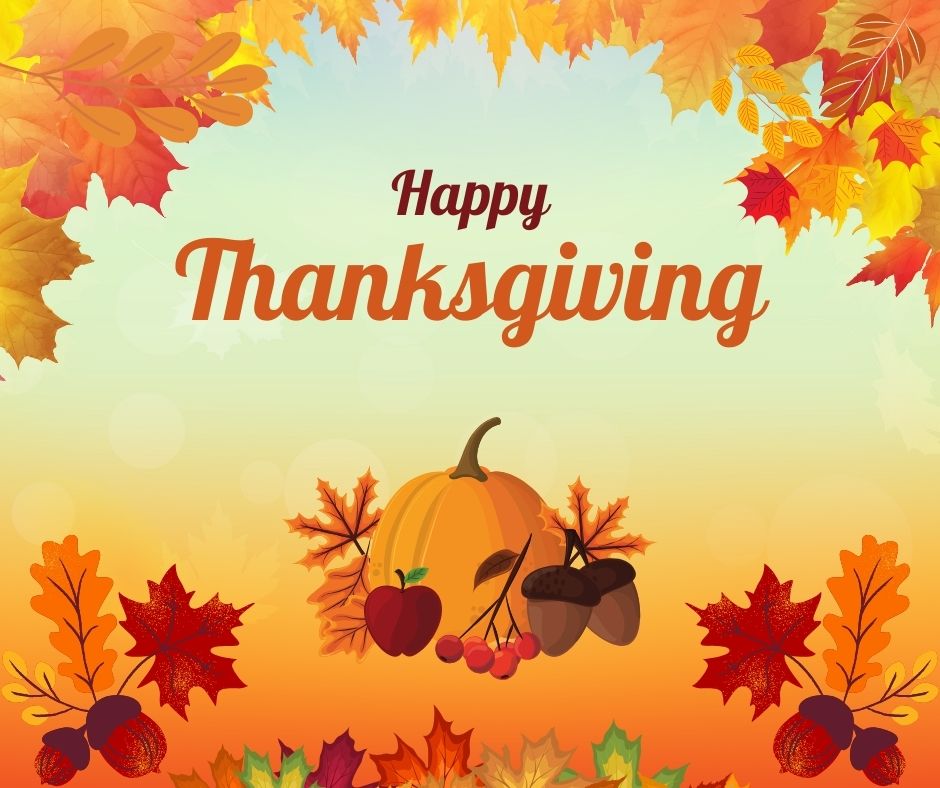Thanksgiving Day, a beloved holiday steeped in tradition and gratitude, has long been associated with American culture. However, this festive occasion has transcended borders, finding its way into the hearts and homes of people around the world. While the origins and customs may vary, the essence of giving thanks remains constant across different nations.

A Global Celebration of Gratitude
Contrary to popular belief, Thanksgiving is not exclusively an American holiday. Several countries around the world have embraced this day of gratitude and reflection, adapting it to their own cultural contexts. Let’s embark on a journey to explore the diverse nations that celebrate their own versions of Thanksgiving.
United States: The Classic Thanksgiving
The United States is undoubtedly the country most synonymous with Thanksgiving. Celebrated on the fourth Thursday of November, American Thanksgiving traces its roots back to the Pilgrims and Native Americans. The holiday features iconic elements such as roast turkey, pumpkin pie, and family gatherings.
Canada: An Earlier Harvest Celebration
Our neighbors to the north celebrate Thanksgiving on the second Monday of October. Canadian Thanksgiving shares many similarities with its American counterpart, including turkey dinners and family reunions. However, its origins are distinct, dating back to explorer Martin Frobisher’s 1578 voyage.
Liberia: West African Thanksgiving
Liberia, a country in West Africa, observes Thanksgiving on the first Thursday of November. This tradition was introduced by American settlers and freed slaves who founded the nation. Liberian Thanksgiving blends American customs with local flavors, featuring dishes like roasted chicken and mashed cassava.
Norfolk Island: A Unique Pacific Celebration
This small Australian territory celebrates Thanksgiving on the last Wednesday of November. The tradition was introduced by American whalers in the 1890s and has persisted ever since. Norfolk Islanders enjoy a beach picnic featuring local specialties alongside traditional Thanksgiving fare.
Germany: Erntedankfest
While not directly related to American Thanksgiving, Germany’s Erntedankfest (Harvest Thanksgiving Festival) shares a similar spirit of gratitude. Celebrated in early October, this rural festival features church services, parades, and music, with an emphasis on giving thanks for the harvest.
Japan: Labor Thanksgiving Day
Japan’s Labor Thanksgiving Day, or Kinrō Kansha no Hi, falls on November 23rd. Although different from the North American holiday, it shares themes of gratitude and hard work. This day honors labor and production while giving thanks for workers’ rights.
The Netherlands: Leiden’s American Thanksgiving
The city of Leiden in the Netherlands holds a unique connection to American Thanksgiving. It hosts an annual celebration commemorating the Pilgrims who lived there before sailing to America. This event features a non-denominational church service and festive activities.
Grenada: A Different Kind of Thanksgiving
Grenada’s Thanksgiving, observed on October 25th, commemorates the U.S.-led intervention in 1983. This holiday blends gratitude with historical remembrance, featuring parades, cultural performances, and traditional Grenadian cuisine.
Embracing Cultural Diversity in Thanksgiving Traditions
As Thanksgiving spreads to different corners of the world, it takes on unique flavors and customs. From the traditional turkey in North America to the mashed cassava in Liberia, each country adds its own cultural touch to the celebration. This diversity enriches the holiday, making it a truly global phenomenon.
Thanksgiving, in its various forms around the world, serves as a beautiful reminder of our shared humanity. As we explore these different celebrations, we discover that gratitude knows no borders. Whether you’re enjoying a pumpkin pie in the United States or a beach picnic on Norfolk Island, the spirit of Thanksgiving unites us all in a global feast of appreciation and reflection.